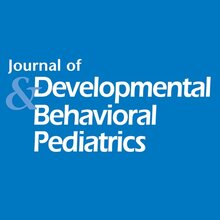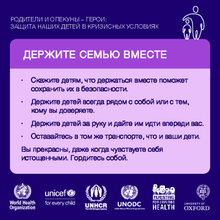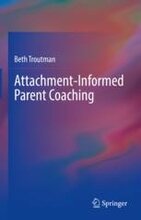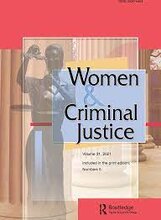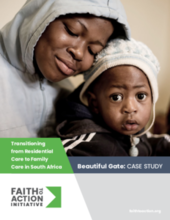Displaying 1121 - 1130 of 10391
The purpose of this U.S.-based study was to determine whether children with developmental disorders (DDs) in protective custody are more likely to experience specific placement types and stay in care longer than their typically developing peers. Furthermore, in the DD-only group, the authors examined whether the likelihood of each placement type differed by specific DD diagnosis.
This new set of evidence-based parenting tips were developed in response to the war in Ukraine and focus on the prevention of child trafficking and child sexual violence.
Young Australians exiting Out-of-Home Care (OOHC) face some of the most challenging access to justice issues due to experiences of trauma, increased interactions with the justice system, distrust of government services, high rates of socioeconomic disadvantage and a lack of accessible support services. This article outlines the experience of the Mid North Coast Legal Centre (MNCLC) which, through the LevelUP Project, aimed to bridge this access to justice gap with a shake-up of the traditional legal services model. Through this experience, MNCLC offers some suggestions for legal centres seeking to improve access to justice for this disadvantaged group.
This chapter in the "Attachment-Informed Parent Coaching" book discusses how to use attachment-informed parent coaching to help children in foster care heal from the multiple layers of attachment trauma they have experienced. The author describes how to help children in foster care develop healthier relationships with both foster and biological parents.
The aim of this study is to analyse the consequences after one year of the pandemic on a group of children and adolescents assessed at the beginning of the pandemic in 2020 and to determine the most effective ways of psychologically coping with this pandemic.
This study examines the perceptions of 145 incarcerated mothers of minor children in a large Midwestern jail to understand the correlation between where their children are living during their incarceration and the mothers’ feelings about these placements and relationships with their children. Mothers were most satisfied if children lived with maternal grandparents, and least satisfied if children were in foster care. Women with higher scores for the relationship with close relatives, those having contact with their child(ren) while incarcerated, and mothers with no children in foster care reported feeling better about these placements. The findings highlight the importance of women maintaining contact with their children and their children’s caretakers while incarcerated.
Engaging with key stakeholders is an essential part of any transition and must be handled with tact and wisdom. Located in South Africa, the organization Beautiful Gate began its ministry to protect street children and later grew to provide residential programs for children in need. Yet, as they began to learn more about the needs of children in families, they decided to shift away from residential care and expand their services to include the families of the children they served. This case study summary explains how Beautiful Gate communicated these changes with donors.
This case study documents the successful transition of Beautiful Gate, a children's home in Cape Town, South Africa, from the orphanage model to a family-based and community-based approach.

